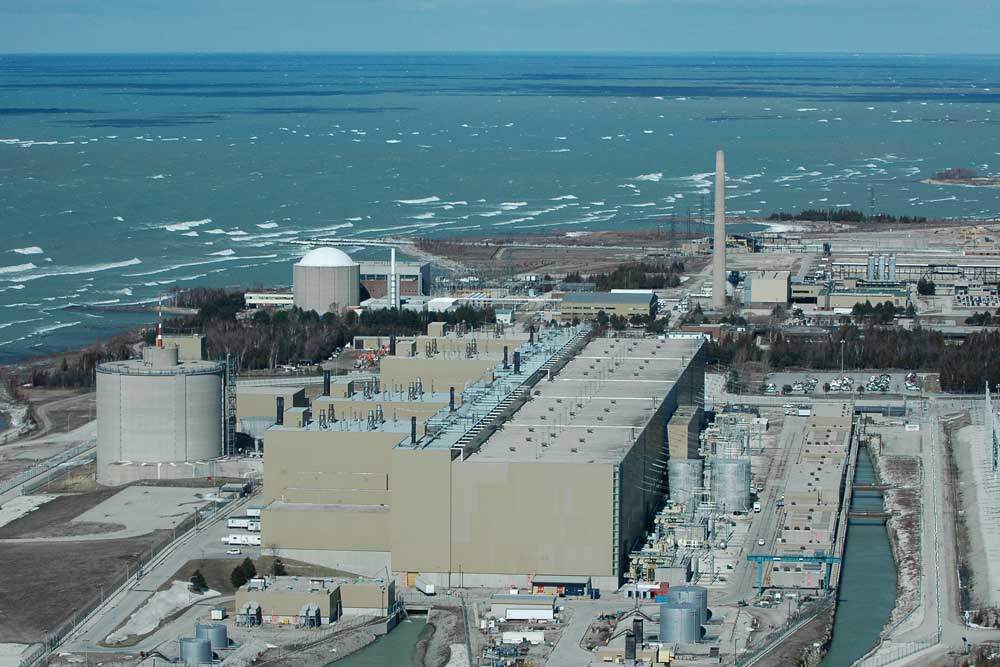
International Energy Agency calls for significant acceleration of investment into nuclear power in advanced economies
A major new report from the International Energy Agency (IEA) is calling for immediate investment and policy action to ensure that nuclear power can continue to support efforts to reach net zero emissions goals in countries around the world. The report highlights the key strengths of nuclear power, including reducing reliance on fossil fuels, reducing CO2 emissions, and enabling electricity systems to integrate higher shares of variable renewables.
The report, “Nuclear Power and Secure Energy Transitions” describes a pathway for a global energy system in 2050 that is dominated by renewables but underpinned by nuclear power generation. The report finds that in the absence of the expansion of nuclear power, the clean energy transition would require an additional $500 billion US of investment and raise consumer electricity bills on average by $20 billion US per year to 2050.
According to IEA analysis, almost two-thirds of today’s nuclear generating capacity comes from plants that are more than 30 years old. The report warns that advanced economies like Canada have lost market leadership in the nuclear industry, with Russian or Chinese designs making up 27 out of the 31 reactors that have begun construction in the last 5 years.
“A new era for nuclear power is by no means guaranteed,” said Dr Fatih Birol, IEA Executive Director. “It will depend on governments putting in place robust policies to ensure safe and sustainable operation of nuclear plants for years to come – and to mobilise the necessary investments including in new technologies.”
The report highlights that the momentum behind small modular reactors (SMRs) is building, with strong political and institutional support in Canada, the United States, the UK, and France. The report describes the advantages of SMRs, including lower capital costs, inherent safety and waste management characteristics, and reduced project risks. It also describes how SMRs are well-suited for deployment on sites of retired fossil fuel power plants, so they can take advantage of existing transmission and cooling infrastructure. However, policy and regulatory reforms are necessary to stimulate investment, including robust technology-neutral policy frameworks, which can include clean energy taxonomies and green bonds.
The report lays out a series of policy recommendations, many of which are already in place or underway in Canada. These include extending the lifetimes of existing plants, promoting efficient and effective safety regulations, implementing solutions for nuclear waste disposal, and accelerating the development and deployment of SMRs.
“The Canadian Nuclear Association welcomes this landmark report from the International Energy Agency,” said John Gorman, President and CEO of the Canadian Nuclear Association. “The report highlights the fundamentally important role that nuclear power will play in meeting climate and energy security goals for countries around the world, including Canada. We will continue working closely with all levels of government in Canada to ensure that the necessary policy, regulatory, and financial frameworks are in place so that the nuclear industry can live up to its potential as a source of clean, reliable, safe, and sustainable power.”
Media Contact
Natalie CutlerVice President, Communications & Member Engagement
communications@cna.ca



